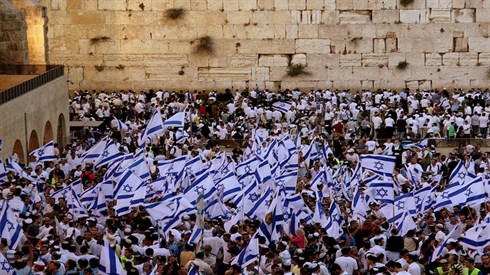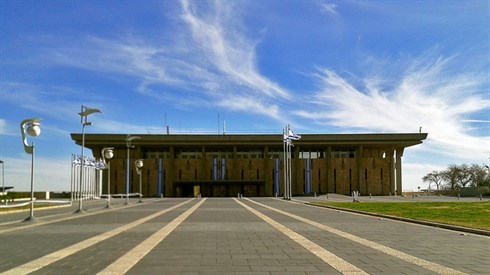2 Repliesin 2 Discussions
M Michael |19 Heshvan 5782 Continued on God Being Plural|Singular
In addition, you could look at Genesis and the creation account and say that Elohim (plural), was many gods creating the heavens and the earth. As you read chapter 1 and 2:1-3, you could get the impression that gods made the earth. However, 2:4 rolls around and we find out who Elohim/God is. Although it's a plural, it is referring to one God-the LORD (which the Lord is obviously a substitution for the actual name of God), same as found in Deut. 6:4, where HE tells us His Name and tells us he's not multiple, but one; maybe plural is substance (he can be spirit in all places, and even appear as a messenger, all at the same time), but not in essence (there's not a bunch of different ones of Himself, it's all Himself). That's how I logically sort out the explanation. God is quite a paradox many times to us.
M Matt |4 Shevat 5784 French Comparison
I am thinking of this in the example of the French words for "you": "tu" and "vous," where "tu" is informal, and you wouldn't address the CEO of your workplace like that. You would use the formal/plural "vous." I'm not an expert on this matter, though, so I might be a bit off the mark, but I don't think I am.

Music on Yom Hatzmauut when celebrated not on the day of the
Rabbi Ari Shvat | Shevat 26, 5772

Tachnun on 5 Iyar
Various Rabbis | Iyyar 8, 5775

Shaving for Yom Haatzmaut
Rabbi Yoel Lieberman | Nisan 24, 5770

The Theory of Jewish Inherent Superiority
Rabbi Yoel Lieberman | Adar I 25, 5771

Which Prophets did Israel kill?
Rabbi Ari Shvat | Adar 25, 5785

Havara- Sefaradic or Ashkenazic Pronunciation
Rabbi Ari Shvat | Nisan 17, 5785

coffee creamer
Rabbi Ari Shvat | Adar 25, 5785




